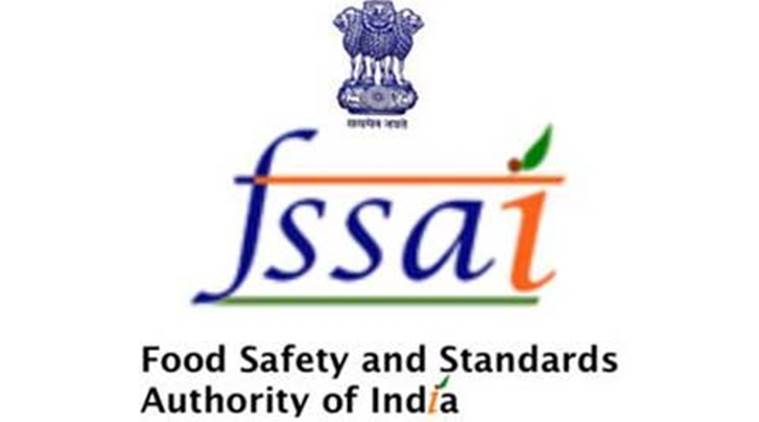The Food Safety and Standards Authority of India (FSSAI)

FSSAI introduces Project Dhoop
Context: In order to address rising incidence of Vitamin ‘D’ Deficiencies (VDD), particularly amongst the young people, FSSAI has launched a unique initiative, ‘Project Dhoop’ in association with NCERT, NDMC and North MCD Schools.
About Project Dhoop:
Project Dhoop urges schools to shift their morning assembly to noon time, mainly between 11am and 1pm to ensure maximum absorption of Vitamin D in students through natural sunlight.
Significance of micronutrients for the body:
Micronutrients including vitamins are needed by people in only very small amounts, but these are the “magic wands” that enable the body to produce enzymes, hormones and other substances essential for proper growth and development. As tiny as the amounts are, the consequences of their absence are severe. Vitamin A, D, B12, Iron, Folic Acid and Iodine, are the most important; their lack represents a major threat to the health and development of populations the world over, particularly children and pregnant women in countries like India.
Concerns:
Most parts of India receive abundant sunshine all the year through. Yet shockingly, studies have found that more than 90% of boys and girls across various Indian cities are deficient in Vitamin D. In Delhi alone, 90-97% of school children (aged 6-17 years) have Vitamin ‘D’ Deficiencies (VDD) and around 10-11% of these children exhibit signs of VDD.
How to prevent Vitamin D deficiency in school children?
Vitamin D deficiency occurs due to overuse of sunscreen, wearing clothes that cover most of the skin, working all day in an air-conditioned atmosphere, and other factors. Also, the school uniforms needs to be designed in a way that at least face and arms are exposed to sunlight, which would be equivalent to 18 per cent of body surface, and the exposure has to be at least for 30-40 minutes.
Additionally, opting for fortified foods (with +F symbol) is a simple and inexpensive way to address micronutrient deficiencies without any radical change in behaviour or eating patterns.
About FSSAI:
The Food Safety and Standards Authority of India (FSSAI) has been established under Food Safety and Standards Act, 2006 which consolidates various acts & orders that have hitherto handled food related issues in various Ministries and Departments.
It was created for laying down science based standards for articles of food and to regulate their manufacture, storage, distribution, sale and import to ensure availability of safe and wholesome food for human consumption.
Ministry of Health & Family Welfare, Government of India is the Administrative Ministry for the implementation of FSSAI.
The Chairperson and Chief Executive Officer of Food Safety and Standards Authority of India (FSSAI) are appointed by Government of India.
The Chairperson is in the rank of Secretary to Government of India.
What’s important?
For Prelims and Mains: FSSAI, Vitamin D and its significance for the body, Project Dhoop.
Sources: the hindu.
